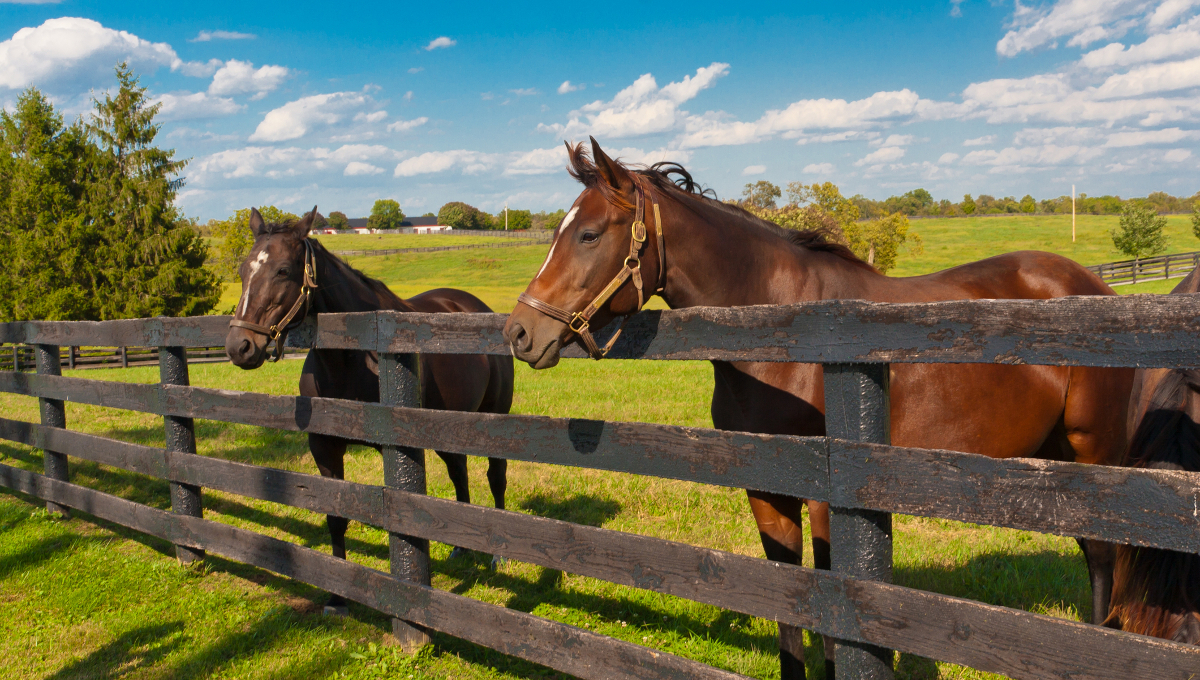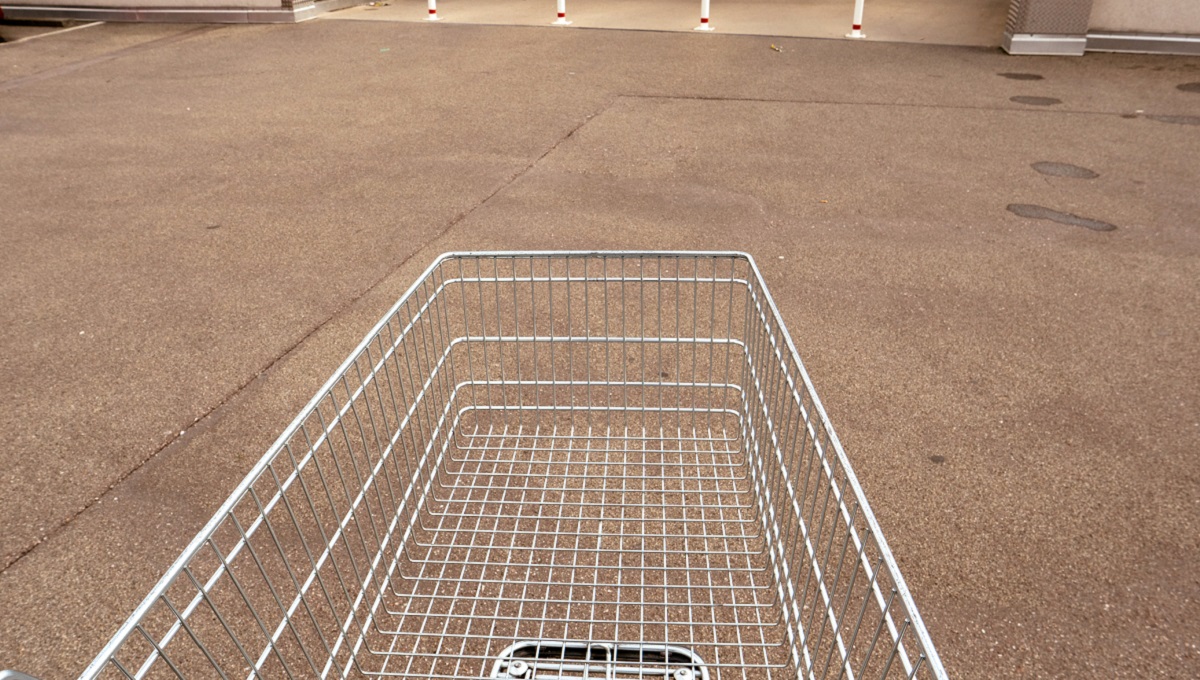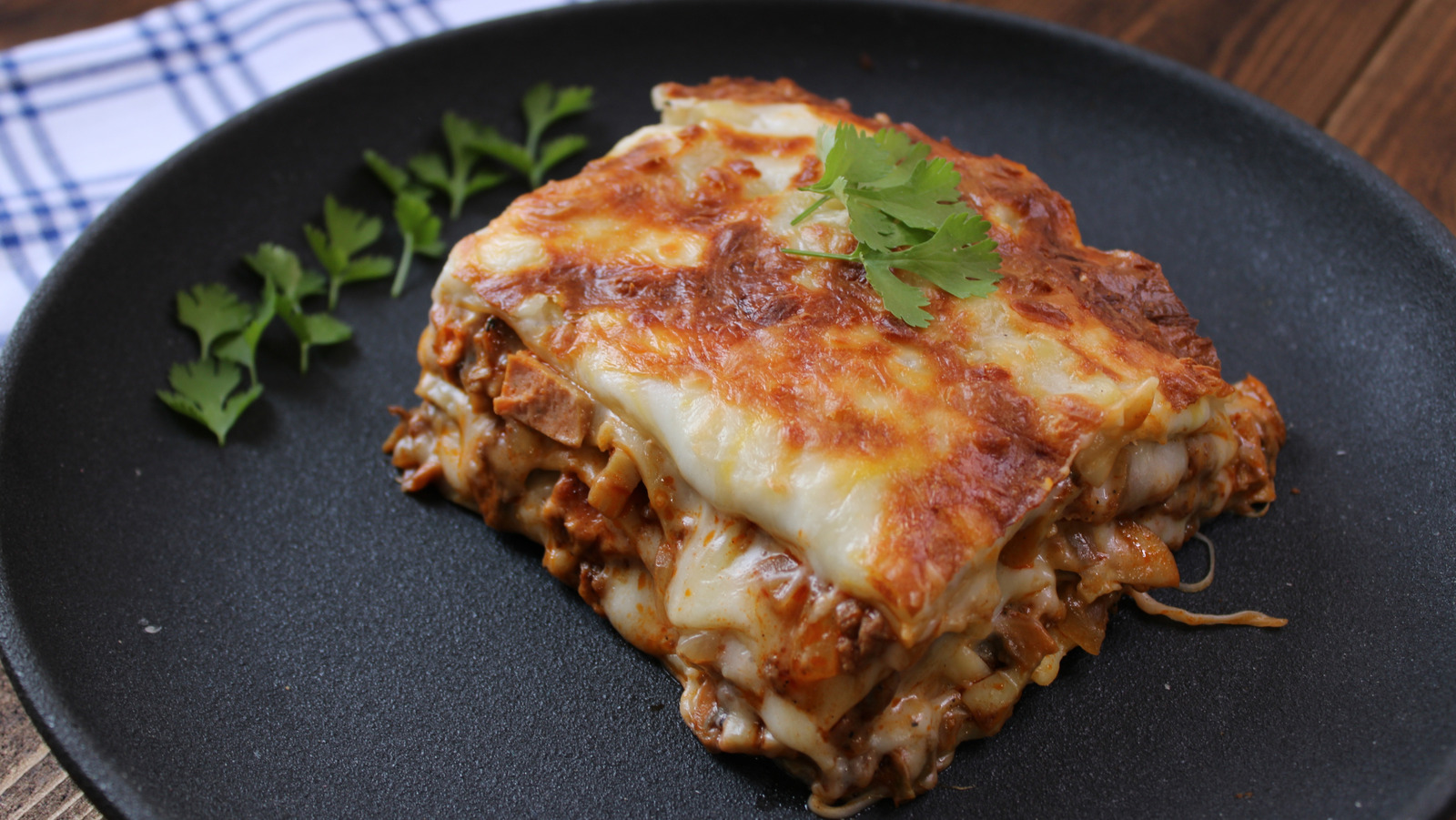
Fears are growing that common-place food items will disappear from supermarket shelves across the US as the impact of climate change is felt. Extreme weather is already decimating crops, and unpredictable growing conditions are only expected to worsen. A number of items have been hard to get recently, including eggs and avocados, with supermarkets braced for a shortage .
There is also currently a global shortage of cocoa after West African countries, responsible for 70 per cent of cacao production, suffered poor harvests due to heat, heavy rainfall and disease. The crisis is expected to get worse as our planet continues to warm. Food scientist Bryan Quoc Le spoke to the Mirror.

com about how climate change could impact food supply in the United States. He explained: "One of the main concerns with climate change is the spread of blights and pests. Warmer temperatures and shorter winters will expand the areas that will be affected by fungi and insects that often affect crops.
Annual cold winters are essential for ensuring these pests are kept in check, as most cannot survive the winter." He added: "Additionally, warmer temperatures will likely reduce the amount of precipitation in farming regions, which rely on consistent water sources to ensure crops are well-watered. This is especially true of farmland that is already stressed by annual droughts, such as the Central Valley of California.
" In the last two years prices of olive oil soared after high temperatures and drought conditions ravaged Spain, which supplied 50% of global olive oil production. Although milder weather has now caused prices to fall, it showed just how vulnerable food supplies are. Our expert also outlined which common foodstuffs are most at risk.
He said: "Climate change has already been particularly taxing on the wine industry, as many grape varietals only tolerate a small window of climate conditions. These severe climactic cycles affect the taste and flavor of the resulting wine, and the wine industry is already facing financial challenges with lower demand for alcoholic products worldwide." He continued: "Most high-value, specialty crops or tropical fruits will be at risk, including cocoa, vanilla, coffee, wine grapes, and bananas.
Other mono-crops, such as soybeans, wheat, and corn, will be further stressed without intervention using genetic modification and resistance breeding." Humans have always been good at adapting and that will likely happen with farming but it could involve massive upheaval. Dr Le said: "Agricultural land will have to shift further north or south closer to the poles to escape from the growing challenges of drought and pests.
Regions that have not been historically productive, such as the untouched forests of Canada and Russia, will become more viable options for agricultural activity. "The food chain will also have to rely more heavily on synthetic biology to have microorganisms produce many of the flavors and food products that we know and love, as many biotechnology companies are already producing vanilla extract, chocolate flavoring, and coffee using bioreactors." Bryan Quoc Le is a food scientist, food science writer, food industry consultant, and author of the book 150 Food Science Questions Answered.
He earned his PhD in Food Science from the University of Wisconsin, Madison, where he studied the biological benefits of herbs and spices..














